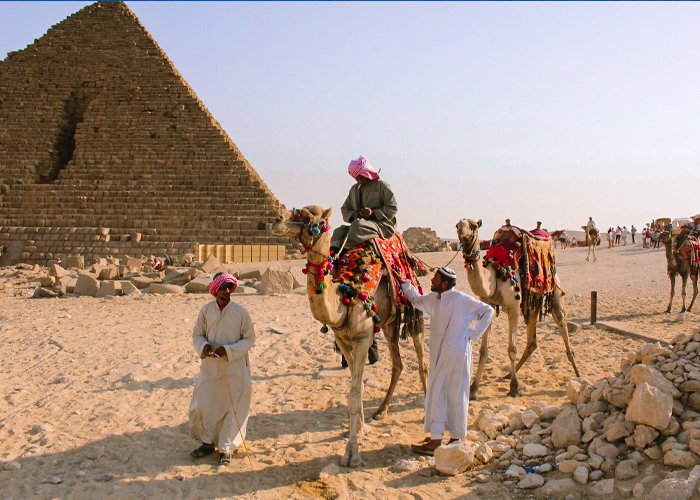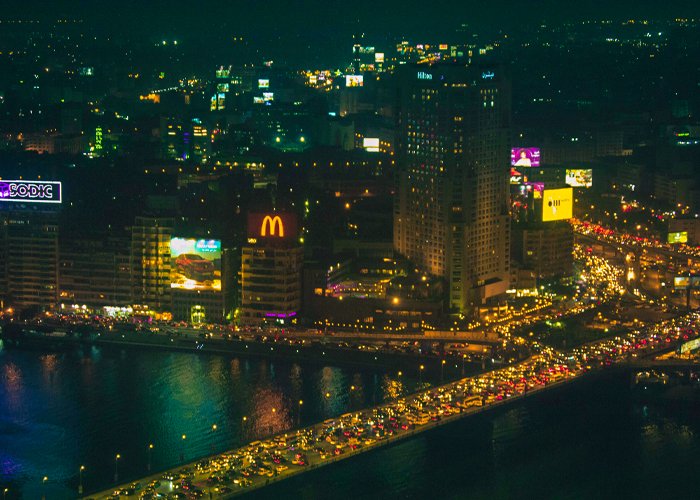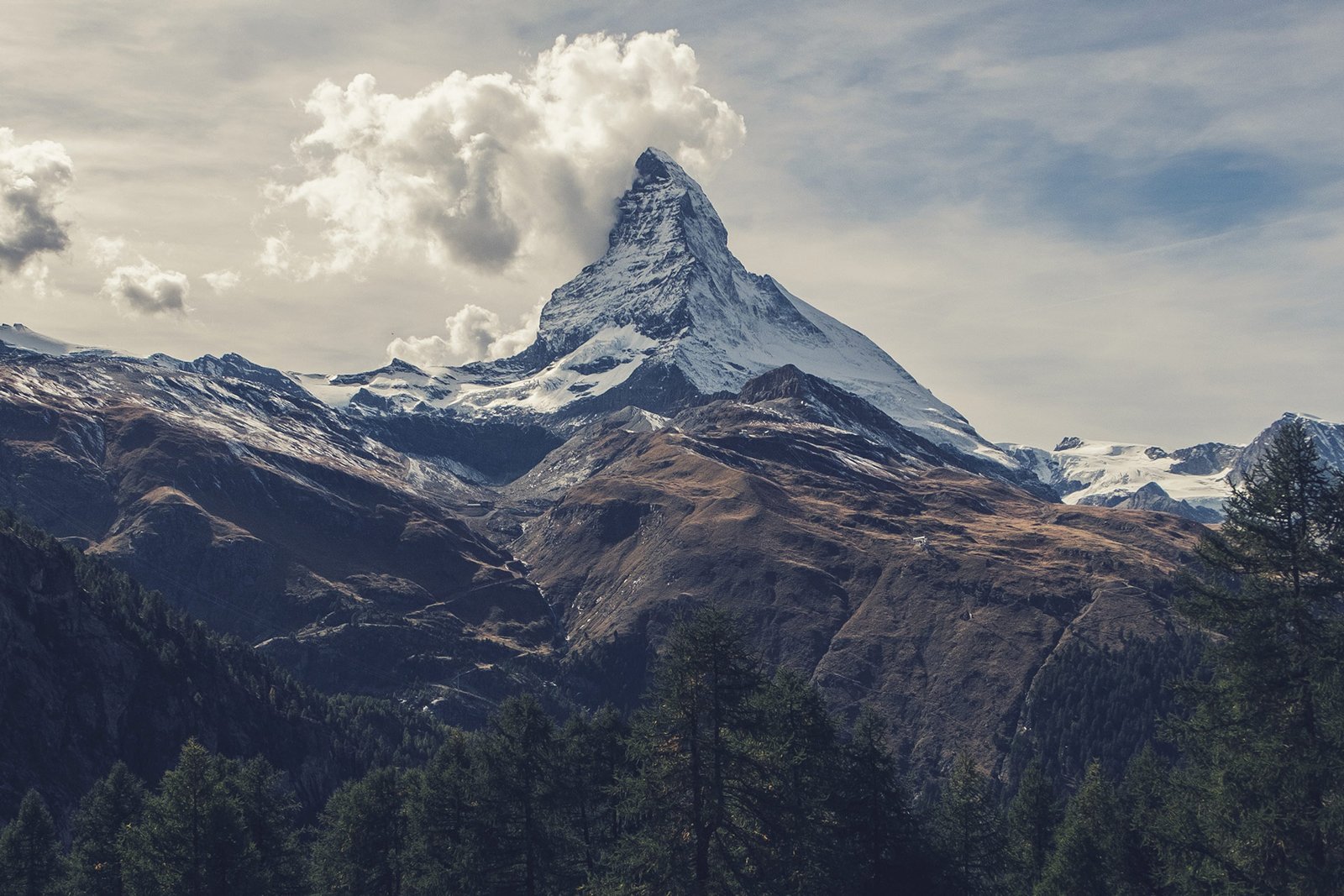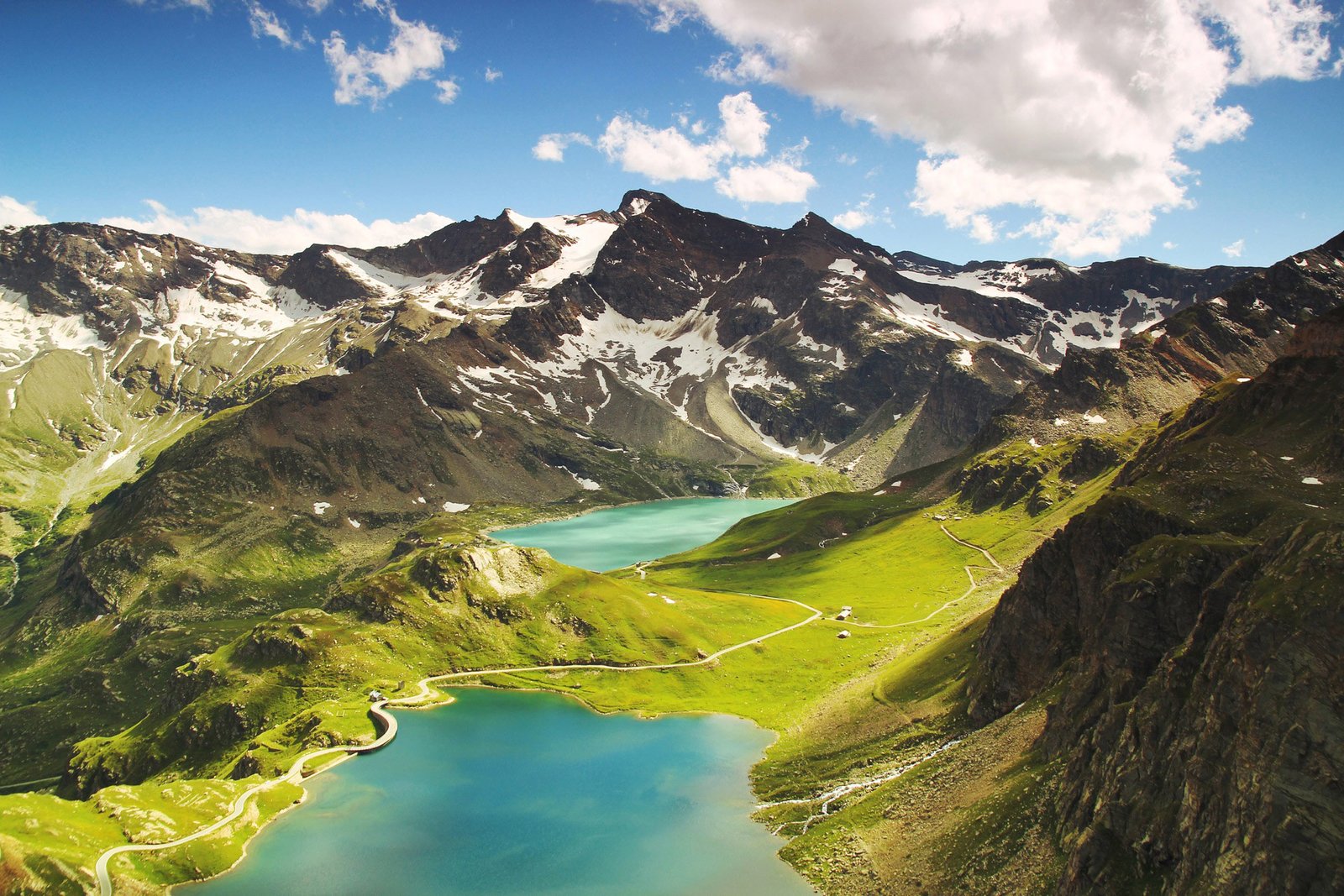Is it Safe to Travel to Egypt? A Complete Traveler’s Guide
Introduction
Is it safe to travel to Egypt? This is one of the most common questions travelers ask when planning a trip to this fascinating destination. With its world-renowned monuments, vibrant culture, and unique blend of history and modern life, Egypt remains high on the bucket list of millions of people. However, safety concerns often arise due to news headlines, unfamiliar customs, or uncertainty about regional stability. The truth is that Egypt is generally safe for visitors who plan wisely, follow local guidelines, and stay informed. This guide provides comprehensive travel advice, addressing safety, culture, and practical tips so you can enjoy your journey with confidence.
Understanding Safety in Egypt Today
When considering whether it is safe to travel to Egypt, it is important to separate perception from reality. Media coverage sometimes focuses on isolated incidents or outdated information, which can create unnecessary fear. In reality, Egypt has taken significant measures to ensure the safety of tourists, especially in major cities and popular destinations such as Cairo, Giza, Luxor, Aswan, and Sharm El-Sheikh.
Tourist police are highly visible in these areas, providing assistance and ensuring that attractions remain secure. Airports and hotels maintain strict security checks, and most tourist routes are well-monitored. Travelers often comment on how safe they feel when visiting temples, pyramids, and markets, particularly when using reputable tour operators.
That being said, like any destination, Egypt is not without risks. Petty crimes such as pickpocketing or scams in busy areas can occur, though violent crime against tourists is rare. Road conditions may also be challenging, and traffic in cities like Cairo can be overwhelming for first-time visitors. By exercising common sense—avoiding political demonstrations, using official transport, and staying in well-populated areas—travelers can navigate Egypt safely and with peace of mind.
Ultimately, most visitors return home not only safe but enriched by their experiences. Millions travel to Egypt every year without incident, drawn by its history, landscapes, and culture. The key is preparation, awareness, and respect for local norms.

Travel Advice Egypt: Practical Safety Tips
Good planning can make all the difference when exploring Egypt. Here is essential travel advice Egypt visitors should keep in mind to ensure a safe and enjoyable journey.
First, work with a reputable travel agency or tour operator, especially if it’s your first visit. Organized tours provide not only expert guides but also structured itineraries that prioritize safe routes and trusted accommodations. Solo travel is certainly possible, but beginners often feel more comfortable with professional support.
Second, consider transportation carefully. While domestic flights are efficient and reliable, road travel can be more unpredictable. Hiring private drivers or using established tour buses is often safer than public transportation. In cities, taxis and ride-hailing apps like Uber or Careem are convenient options, but always confirm prices before starting your trip.
Health and hygiene are also important considerations. Tap water is not recommended for drinking, so bottled water is the best option. Street food can be delicious but choose stalls that look clean and busy, as these are signs of freshness. Bring basic medications for stomach issues just in case.
Respecting local culture contributes to both safety and a positive experience. Dress modestly, particularly when visiting religious sites, and avoid public displays of affection. Photography should be done respectfully—always ask before taking photos of people, and follow rules in museums or archaeological sites.
Lastly, stay informed by checking local news and updates from your embassy. Most governments provide regular travel advisories that can help you make informed decisions. By combining these steps with common sense, you will find that Egypt is not only safe but also welcoming to international visitors.
Tourist Hotspots and Safety Levels
Egypt is home to some of the world’s most famous landmarks, and understanding the safety situation in each region helps travelers feel at ease.
Cairo and Giza, the heart of Egypt’s cultural and historical scene, are bustling but generally safe for tourists. The Pyramids of Giza, the Egyptian Museum, and bustling bazaars like Khan El Khalili are heavily protected by tourist police. Scams from aggressive vendors can occur, but they are more of an annoyance than a serious threat. A polite but firm “no, thank you” usually works when declining offers.
Luxor and Aswan, two cities along the Nile rich in temples and ancient monuments, are considered very safe. These areas thrive on tourism and welcome millions of visitors yearly. Nile cruises between Luxor and Aswan provide a comfortable and secure way to explore, with organized excursions and guided tours ensuring smooth travel.
Sharm El-Sheikh and Hurghada, located on the Red Sea, are internationally renowned for their beaches and diving spots. These resort areas are particularly safe, with strong security measures to protect the tourism industry. Most hotels operate like self-contained resorts, offering everything from excursions to nightlife in secure settings.
The Western Desert and Sinai Peninsula require more caution. Independent travel to remote areas is discouraged unless you are with a licensed operator. Adventure seekers can explore these regions safely with guided tours, but it is not advisable to go alone.
By focusing on these established tourist hubs, travelers can enjoy the best of Egypt with confidence, knowing that these destinations are well-prepared to welcome international guests.
Interacting with Locals and Cultural Awareness
One of the most rewarding aspects of travel to Egypt is engaging with its people. Egyptians are known for their hospitality, warmth, and generosity toward visitors. However, cultural awareness plays a key role in creating positive interactions.
When greeting locals, a polite smile and a simple “Salam Alaikum” (peace be upon you) can go a long way. Egyptians often go out of their way to help travelers, whether it’s giving directions or offering tea in a shop. Accepting such hospitality, even briefly, is a meaningful way to connect with the culture.
That said, be mindful of cultural boundaries. Egypt is a conservative country, and modesty is valued, particularly in rural areas. While cosmopolitan cities like Cairo and Alexandria are more relaxed, wearing modest clothing is a sign of respect and often reduces unwanted attention. For women, carrying a light scarf can be useful when visiting mosques or traditional neighborhoods.
Bargaining is part of the shopping culture, especially in souks and markets. Approach it with patience and good humor, as it is considered a form of social interaction as much as a transaction. Learning a few Arabic phrases can enhance the experience and demonstrate appreciation for local customs.
Respecting religious practices is equally important. During the holy month of Ramadan, for example, eating or drinking in public during daylight hours should be avoided out of respect for those who are fasting. Travelers are still welcomed in restaurants and hotels, but being considerate of local traditions enhances the travel experience.
Understanding these cultural dynamics not only makes travel safer but also more enjoyable. By blending awareness with openness, visitors often find that their most cherished memories come from personal connections with Egyptians themselves.
Women Traveling in Egypt: Safety Insights
For female travelers, safety questions often carry additional weight. Egypt is increasingly popular among women traveling solo or in groups, but knowing what to expect is key.
Women may occasionally experience unwanted attention, especially in crowded markets or streets. While this can be uncomfortable, it is rarely dangerous. Dressing modestly—covering shoulders and knees—is the most effective way to minimize attention. Many women also find it helpful to wear loose-fitting clothing that blends in with local styles.
Traveling with a group or using licensed guides can provide added security and comfort. Hotels, tour companies, and reputable transport services prioritize guest safety, making them excellent options for women. Ride-hailing apps are also a convenient way to avoid street taxis, particularly at night.
Egyptian women themselves are highly active in cities and tourist areas, offering a sense of normalcy for visitors. Cafés, shopping centers, and cultural venues are filled with women, both local and international. Respecting cultural norms while maintaining confidence and assertiveness helps female travelers navigate smoothly.
For those worried about solo travel, Egypt remains a feasible and rewarding destination. Many women report feeling safer than they expected, thanks to the kindness of locals and the presence of tourist police in popular areas. Ultimately, awareness and preparation empower women to experience the beauty and culture of Egypt without hesitation.

Health, Food, and Environmental Safety
Health and environmental considerations are also important when evaluating if it is safe to travel to Egypt. With a warm climate, bustling cities, and diverse cuisines, preparation can make your trip healthier and more comfortable.
Water safety is one of the top concerns. Tap water is not recommended for drinking, so bottled water is the safest option. Most hotels provide bottled water, and it is widely available throughout the country. Avoid ice in drinks unless you are certain it was made with filtered water.
Food in Egypt is flavorful and varied, from street food snacks like falafel and koshary to elaborate meals featuring grilled meats and fresh vegetables. While trying local cuisine is part of the adventure, choose busy restaurants and street vendors with high turnover to reduce risks of foodborne illness. Carrying basic medicine for stomach issues is a smart precaution.
The climate can also pose challenges, especially for those unaccustomed to intense heat. Lightweight clothing, sunscreen, hats, and plenty of hydration are essential. Sightseeing during early morning or late afternoon hours can help avoid the midday sun. Travelers with respiratory conditions may want to be cautious in Cairo, where air pollution levels can be high.
Medical facilities in major cities are modern and accessible, with private hospitals offering good standards of care. Having travel insurance is strongly recommended, covering both medical needs and unexpected events. By taking simple precautions, travelers can stay healthy and focus on enjoying their time in Egypt.
Final Thoughts: Is it Safe to Travel to Egypt?
So, is it safe to travel to Egypt? The answer is yes, for the vast majority of travelers. With millions of visitors each year, Egypt continues to be one of the world’s most captivating and welcoming destinations. Safety measures are in place, tourist areas are well-protected, and common-sense precautions make the experience not only safe but unforgettable.
Travelers who come prepared with the right knowledge, respect for local customs, and openness to new experiences discover a country rich in history, culture, and human warmth. Whether exploring the Pyramids, cruising the Nile, diving in the Red Sea, or joining bustling markets, Egypt rewards visitors with memories that last a lifetime.
For those still wondering about safety, remember that travel always carries some level of risk—but in Egypt, that risk is no greater than in many other popular destinations. By following travel advice, respecting local traditions, and staying aware, visitors can confidently explore the wonders of this extraordinary country.




